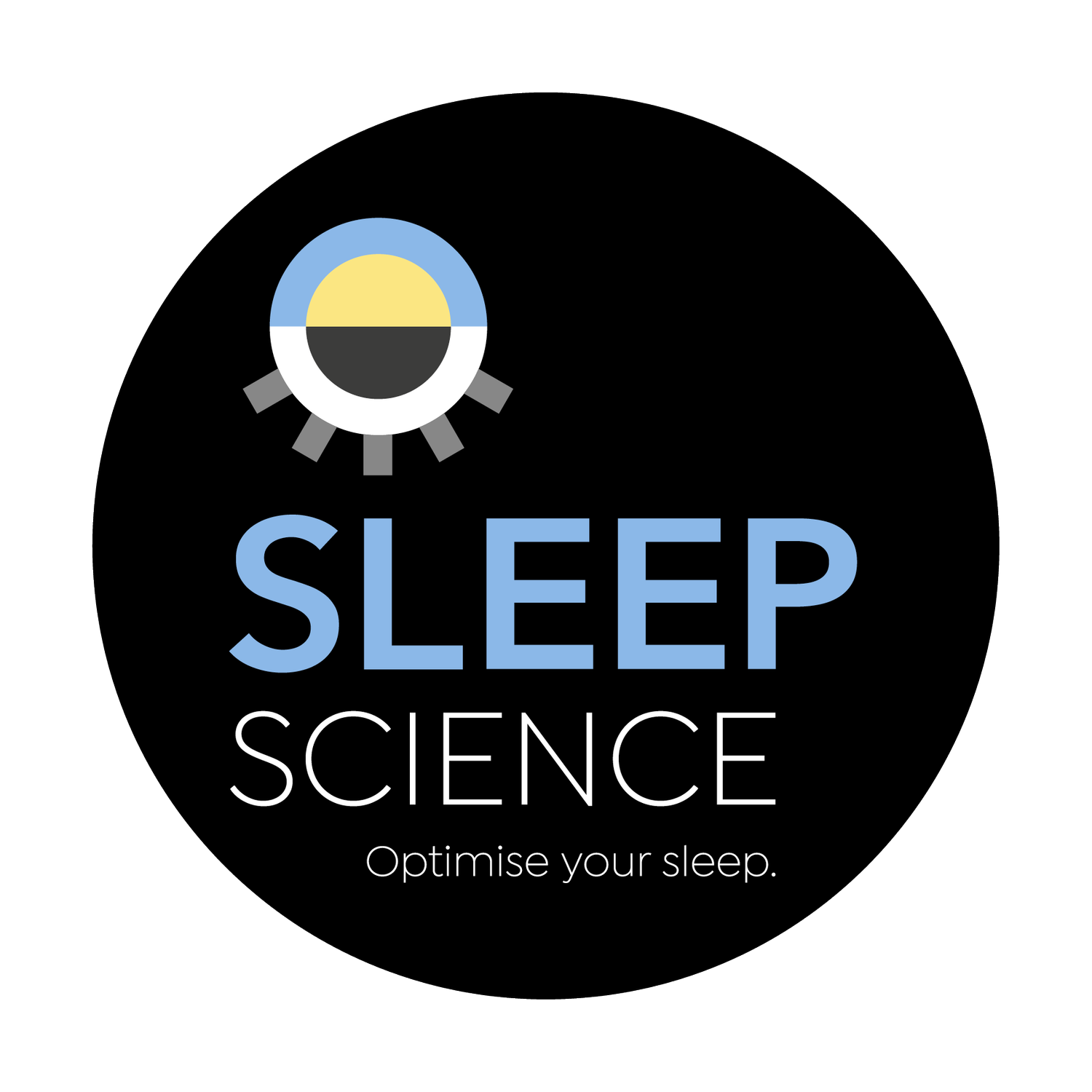Exercise as a strategy to mitigate the negative cognitive and mood effects of partial sleep deprivation in healthy adults
MA candidate: Celine Le Roux
The relationship between sleep and concussion in athletes has not been well explored. However, there is significant evidence to show that sleep is highly beneficial for athletes, especially in terms of skills related to performance, reaction time, attention and coordination as well as for recovery and adaptation to training. My area of research explores this sleep-concussion relationship, in particular the extent to which poor sleep alters the risk for sports-related concussion and the concussion-induced changes in sleep.

